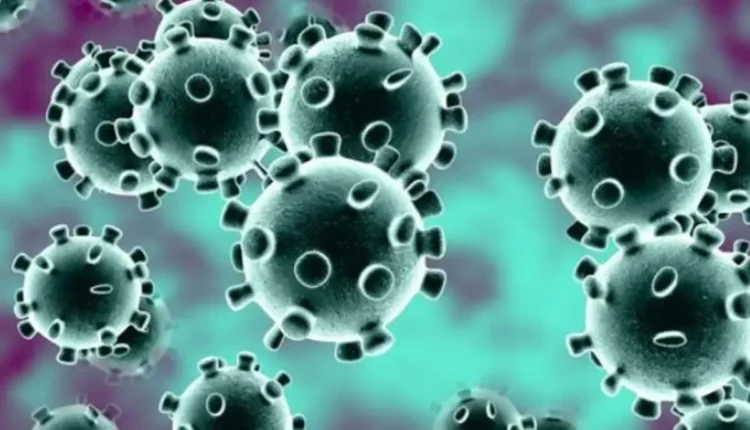India Confirms HMPV Cases as Virus Spreads Globally
Three Cases of HMPV Reported in India as Virus Sparks Global Concern
India has identified three cases of Human Metapneumovirus (HMPV), a respiratory virus currently causing a surge in infections in China and sparking global alarm. These cases, reported in Bengaluru and Gujarat, involve infants with no international travel history, highlighting the virus’s local transmission.
The Indian government, however, has assured the public of its preparedness to manage any rise in respiratory illnesses. The Union Health Ministry emphasized that HMPV is already in circulation worldwide, including in India, and existing surveillance systems are closely monitoring the situation.
Confirmed Cases in India
In Bengaluru, two infants were diagnosed with HMPV at Baptist Hospital. A three-month-old girl presented with bronchopneumonia and was discharged after recovery. Similarly, an eight-month-old boy tested positive for the virus and is now recovering well. Gujarat Health Minister Rishikesh Patel confirmed a third case involving a two-month-old boy in Ahmedabad, whose condition is stable.
“Neither of the affected patients in Bengaluru has any international travel history,” the Union Health Ministry noted, underscoring the virus’s local presence.
Understanding Human Metapneumovirus
HMPV, first discovered in 2001, belongs to the Pneumoviridae family, related to the Respiratory Syncytial Virus (RSV). It primarily causes symptoms akin to the common cold and influenza, such as fever, cough, runny nose, and sore throat. While most infections are mild, young children, older adults, and individuals with weakened immune systems are at higher risk of severe illness, including pneumonia and asthma exacerbations.
Global Concerns Over HMPV
HMPV is experiencing a notable outbreak in China, with reports of overwhelmed hospitals reminiscent of the early days of COVID-19. Videos of crowded healthcare facilities and individuals wearing masks have raised global awareness and concern. The virus spreads through direct contact with infected individuals or contaminated surfaces, and cases are more common during winter and early spring.
Research indicates that HMPV accounts for approximately 10-12% of respiratory illnesses in children under five, with 5-16% developing severe complications like pneumonia.
India’s Preparedness and Response
The Union Health Ministry has reiterated its readiness to address any increase in respiratory illnesses. Routine surveillance conducted by the Indian Council of Medical Research (ICMR) and the Integrated Disease Surveillance Programme (IDSP) has not indicated any unusual surge in Influenza-Like Illness (ILI) or Severe Acute Respiratory Illness (SARI) cases in India.
Officials have highlighted that recent preparedness drills across the country have demonstrated robust capabilities to handle respiratory outbreaks. “Public health interventions can be deployed promptly if needed,” the ministry stated.
Additionally, a Joint Monitoring Group (JMG) meeting, involving experts from WHO, NCDC, and ICMR, has been convened to evaluate the situation and ensure timely action. Gujarat’s health department has committed to making HMPV test kits widely available within the next few days.
Also Read:Why H-1B Visa Holders Are Vital for the U.S. Workforce

